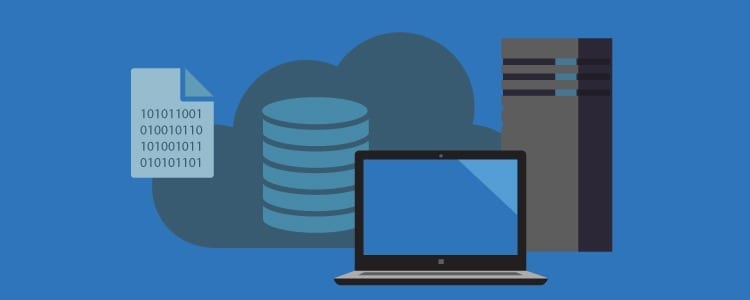How to Live Aligned with database developer (prospective) or data scientist, we need a deep understanding of a company's goals and direction if data is to be used in a specific way. Equipped with valuable and informative data, we can even control the company.
But how exactly does a data scientist or programmer work their magic to make information usable?
- To get started, you will need a database that will store all the information you want to access.
- Once this requirement is met, all you need is SQL.
SQL stands for Structured Query Language. It is a programming language used to manage information and data structures in databases. With SQL you can sort, evaluate and manipulate your data however you want.
If you're trying to learn more about your business or want to add value, SQL is a good start. This easy-to-learn language offers much more than you think.

Article Content
Top 5 benefits of SQL.
You already have all the information you need
Research, innovation and research are expensive. Expect to spend valuable time and money conducting surveys or other qualitative data collection methods. One of the advantages of sql is that you can use it to reduce unnecessary work and get straight to the point. If you already have important data stored in your database, a SQL professional can create these queries to prepare your data in such a way that you can use it purposefully.
Plus, calculation programs like Excel can help you focus on a few things at once. On the other hand, SQL makes all your data available in one place. With SQL, you can create simple commands to instantly update important information when needed.
Large companies finance intensive research campaigns. However, it may take years before significant results are available. With SQL, the right question can lead to answers you didn't even know were right in front of you. There are also many other benefits to learning SQL.
They are always looking for SQL programmers
According to salary portals, a database developer (y database administrator) earns a gross annual salary of more than 60.000 euros per year. With staff responsibility and professional experience, the salary can increase even further. Data analytics is the golden ticket to other high-paying jobs in financial consulting, data science, governance, and consulting.
As a business, you will also benefit from SQL. For example, you can quickly and cost-effectively conduct important assessments of your business to accelerate growth. For example, you can evaluate your online store data to identify the most important products and customers. This allows you to align your corporate strategy to increase your profits.
Many employers welcome data analysis skills
SQL, like any other programming language, makes most inexperienced computer users despair at the sight of simple source code. Today, there are not many people in the business world who are proficient in SQL. Many employers recognize the value of such a skill in today's market, but even if they are new to SQL, you can easily sell them the benefits of your SQL skills.
Larger companies have large amounts of data. They compete in markets with low margins. As a result, many large corporations are desperately looking for someone who can help them find new market strategies to increase their competitive advantages.
Knowing a language like SQL will increase your chances in the job market, even if you don't want to become a full-time database developer.
SQL is a universal language
Are you still not convinced and need more benefits to learn? SQL?
Think about the following:
SQL is one of those skills that spills over into many other disciplines. When you work with SQL, you give commands to your computer. This skill will help you get an easier introduction to other programming languages like Javascript, C++, Python, etc. He learning these languages It is reflected in your salary. With SQL you lay the foundations for learning new programming languages.
All you need is a goal. While learning SQL, you can specialize as a developer, programmer, controller, or similar at the same time. Anyone who can turn information into usable data is welcome everywhere. There are no limits with SQL.
Does not go anywhere
The final advantage of SQL is universality. The origins of SQL date back to the 1970s. Of course, SQL will adapt and evolve as technical requirements change, but it won't go away anytime soon. As you learn SQL, you will stay up to date with the changes in technology. And that's exactly what companies are looking for: someone who knows how to move and is ready to look to the future.
Whether you're learning another programming language, starting your career in data analytics, or looking to enhance your professional profile, there's never been a better time to learn sql.

Expert in SEO/SEM and communication on social networks.
CEO at tecnologia.net and passionate about everything related to technological progress






